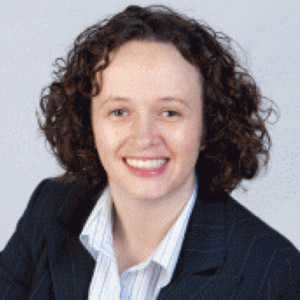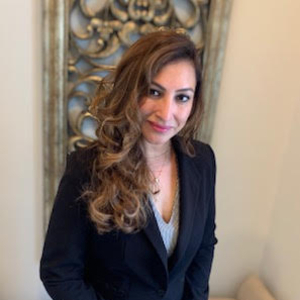Female Executives and Centered Leadership in Practice
by Pamela Weinsaft (New York City)
What do you get when you sit down with five exceptionally accomplished professional women and ask them about their real life leadership strategies? You get a wide range of powerful and pithy advice on everything from the positive effects of the current economic crisis to their own strategies for goal setting. The women who made up the afternoon panel at the recent Corporate Best Practices summit hosted by Forté Foundation shared their varied approaches to personal and professional success, united by one common belief: that the current economic crisis has created an abundance of opportunities for women.
“I am a strong believer that in times of crisis and chaos good change will come…Keep yourself pointed toward the future.” said attorney Vivian Polak, co-head of Dewey & LeBoeuf’s Information Technology and Intellectual Property Practice Group and chair of their global diversity initiative. Carolyn Buck-Luce, Ernst & Young’s Global Pharma Sector Leader, agreed, adding, “This is creating an opportunity to rethink ‘what are the rewards?’ It is no longer just about money; [it’s] about what motivates women.”
Carla Harris, Managing Director in Global Capital Markets at Morgan Stanley took it a step further, advising those in attendance to seize the personal opportunities that arise as well. “I’m looking for ways to expand my personal market share while everybody else is distracted.” She advised, “Think how to leverage your voice and make sure management hears that you understand the challenges and have ideas to cut costs, get customers, etc. Present yourself as part of the solution. Do not operate out of a position of fear.”
The panel, which was moderated by Diane Brady of BusinessWeek and also included Paige Ross, Vice President Human Resources, North America for Avon, then addressed centered leadership in general, discussing the importance of not only knowing oneself but also one’s motivation. “It’s not about position but about purpose,” said Luce. “It’s important to design and believe in a purpose that allows you to be the kind of leader you want to be in family, community and organization and not have those at odds with each other.” She advised to “have a full portfolio of projects that connect to family, community and avocation so that one’s sense of self isn’t connected to only one of those.”
Harris added that women should be the architects of their own agendas. She shared an anecdote about a time when she was passed over for a promotion, and told the audience that rather than blame others, she asked herself ‘What did I do that contributed to this outcome?’ Said Harris, “It started me thinking about what MY agenda was? Then it became very easy to measure whether to go or stay or negotiate something differently.”
Harris continues to set goals for herself every year, asking herself what needs to happen in the year to make her think it was a fabulous year. She then makes a plan, which she checks once a quarter to make sure she’s on track. Luce agreed that plans are important as “the years go by fast.” She added, “Part of being courageous is to say am I living in a way that’s worth dying for.”
Where most of the panelists took a bird’s eye approach to planning, Polak seemed to prefer to focus on the near future. She advised that she thinks about things on a daily and hourly basis, asking herself what she will do in the coming hours that will enhance her career and goals. “What have I done today that is going to advance something I believe in today…that goes to Centered Leadership,” she added.
Above all, Harris believes the key to success is identifying the “three adjectives you want people to use to describe you” and then training people to see you that way. She stressed the importance of reputation because “all the decisions about you will be made when you are not in the room.” She counseled, “Nobody can be you the way you can be you. That is your competitive advantage.”






